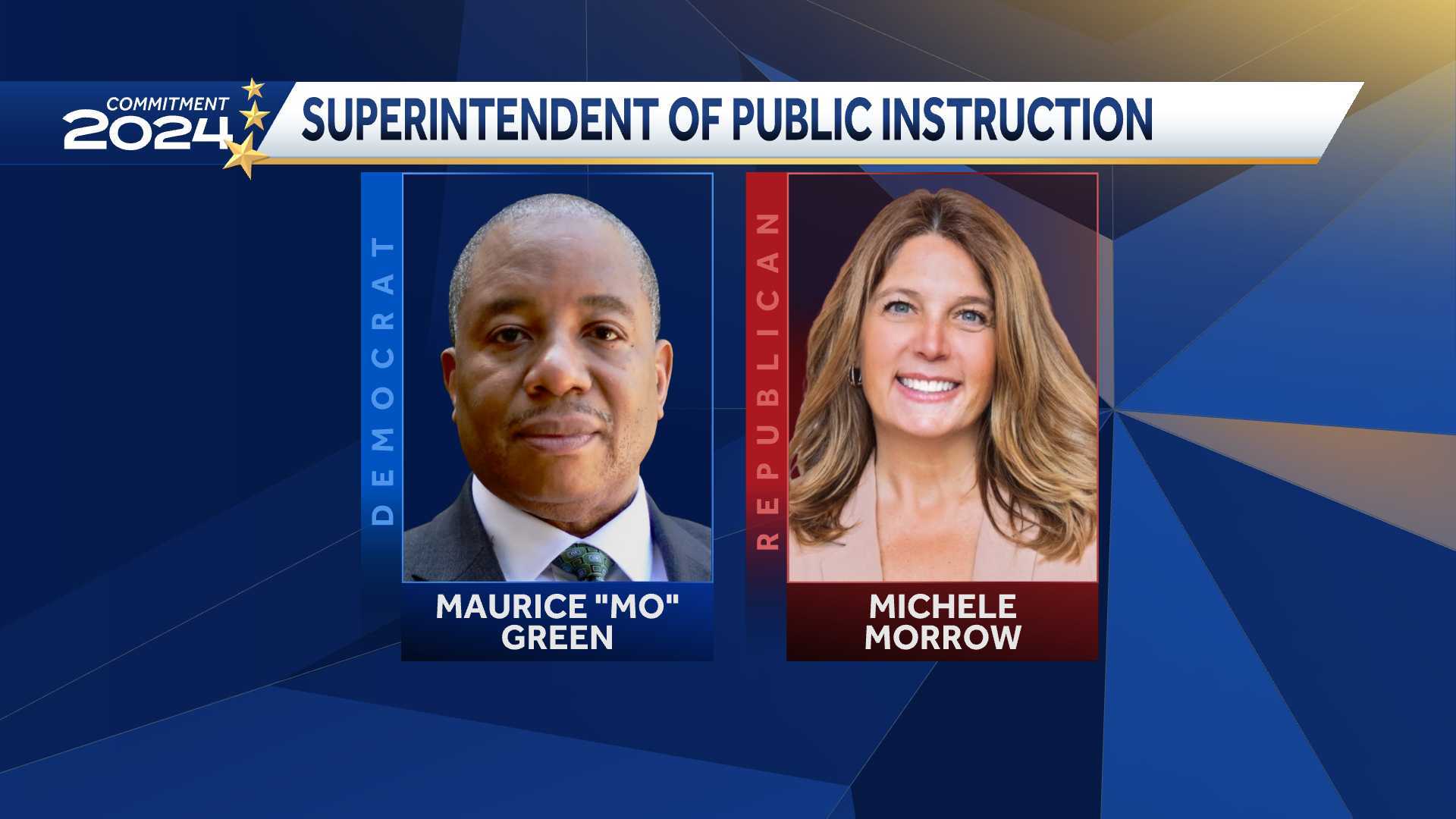Politics
North Carolina Legislature: Democrats Break GOP Supermajority in House, Republicans Retain Senate Control

In the recent North Carolina legislative elections, significant shifts in power have occurred, particularly affecting the balance between Democrats and Republicans. In the North Carolina House, Democrats managed to break the Republican veto-proof supermajority by gaining one seat, reducing the GOP’s advantage to 71-49. This change is crucial as it gives Democratic Gov.-elect Josh Stein more leverage to sustain his vetoes against Republican legislation.
In contrast, the Republicans maintained and even strengthened their supermajority in the Senate, securing 31 seats to the Democrats’ 19. However, two Senate seats are still within the recount range, which could potentially alter the final composition.
The loss of the supermajority in the House means that Republicans will no longer be able to override vetoes as easily, a situation that could lead to more bipartisan negotiations. Former Rep. Chuck McGrady noted that without a supermajority, Republicans will need to engage more with Democrats to pass legislation, which could involve personal relationships and strategic alliances.
House Majority Leader Rep. John Bell IV indicated that the upcoming legislative session will be highly strategic, focusing on issues such as rebuilding Western North Carolina, discussing video lottery terminals, regulating hemp and kratom, and potentially legalizing medical marijuana. The legislature will also revisit Opportunity Scholarships and address anticipated budget shortfalls.
Senate Leader Phil Berger celebrated the Senate’s retention of its supermajority, promising to continue supporting Republican policies on low taxes, job creation, quality education, and educational freedom. Berger emphasized that North Carolina voters continue to trust Republicans to run the General Assembly effectively.
The elections also saw changes in leadership, with Rep. Destin Hall expected to succeed House Speaker Tim Moore, who won his congressional race. Additionally, several competitive races were closely watched, including those in Mecklenburg, Guilford, and Wake counties, which saw both parties experiencing gains and losses..












